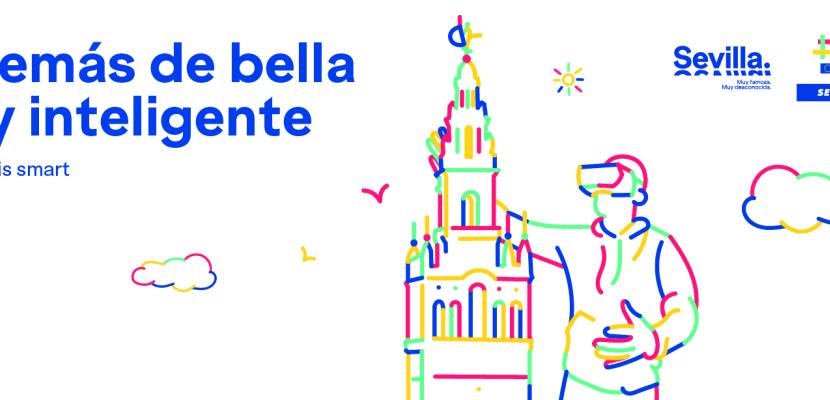
Smart Tourism Intelligence System (SIT)

About this good practice
The Smart Tourism Intelligence System (SIT) in Sevilla addresses fragmented tourism data management, lack of predictive analytics, and limited sustainability monitoring. Local tourism stakeholders, decision-makers, and planners are affected by these challenges, hindering informed decision-making and sustainable tourism growth. The drivers include data management challenges, technological limitations, and growing tourism demands.
The SIT collects, transforms, analyses and visualises huge amounts of data (tourism flows, tourist housing, employment, and others), making it available to the local tourism sector.
Supported by a BI (Business Intelligence) model, the data collected by the SIT improves strategic planning processes with predictive and diagnostic analyses. We put intelligence at the service of a better city.
It is aligned with different areas of knowledge and specialisation for its public service and the actors of the tourism ecosystem, generating proactive and competitive interaction of the destination.
Resources needed
180,000 euros/year for infrastructure, covering technological requirements and data processing services through external providers, and dedicated in-house human resources responsible for managing and coordinating office activities.
Evidence of success
Designated by the European Commission as the European Capital of Smart Tourism, the he city's Tourism Intelligence System (TIS), based on a BI (Business Intelligence) model is the tool based on data use and exploitation,to further strengthen its status as a top international tourist destination while continuing to adhere to the principles of sustainability and innovation outlined in its global strategy.
Potential for learning or transfer
Compelling model for other regions due to its successful integration of data-driven tourism management and collaborative innovation. Leveraging advanced analytics to monitor tourist density and flows, not only enhances visitor experiences but also supports sustainable tourism growth and strategic urban planning. It aligns with Interreg goals by improving public services, fostering economic growth through sustainable tourism, and using data for urban development. Key success factors for transfer include its adaptable and scalable approach, which can be customized for diverse tourism ecosystems. It demonstrates high innovation through its use of technology, data science, and collaborative frameworks, making it a valuable example for other regions aiming to innovate in urban tourism management and support the twin transition in sustainable urban development.
Further information
Documents
Presentación OD4GROWTH - Smart office.pdf
Website
Good practice owner
You can contact the good practice owner below for more detailed information.
